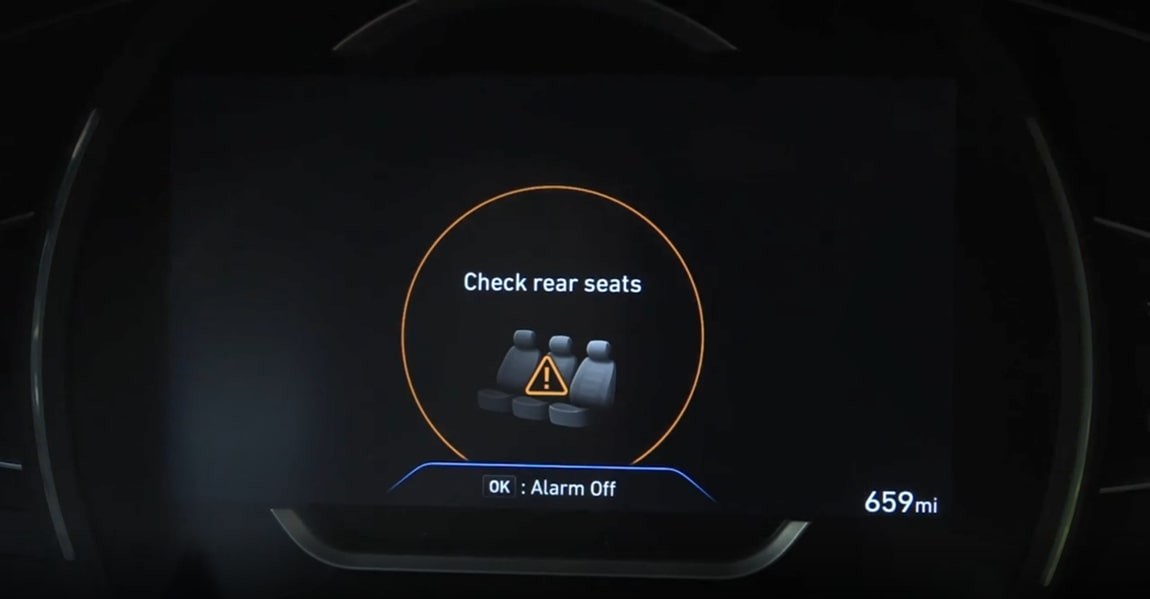A number of automakers have introduced rear seat reminder technology in recent years and it’s about to get a lot more common as the Alliance of Automobile Manufacturers and the Association of Global Automakers have pledged to make the technology standard in virtually “all cars and trucks” by the 2025 model year.
The trade groups represent a number of different companies and those who have signed up include Alfa Romeo, American Honda, Audi, BMW, Fiat Chrysler Automobiles, Ford, GM, Hyundai, Jaguar Land Rover, Kia, Maserati, Mazda, Mercedes, Mitsubishi, Nissan, Porsche, Subaru, Toyota, Volkswagen and Volvo.
That’s a massive coalition and each automaker will be given the freedom to implement the system however they choose. That being said, each system will include a feature to determine whether or not a person could be in the rear seats. If the system determines someone could potentially be in back, it will provide audio and visual alerts to remind the driver to check the rear seats after the vehicle is turned off.
Also Read: Hyundai Aims To Reduce Heat Related Deaths By Making Its Rear Door Alert System Standard
According to the group, more than 800 children have died due to heatstroke since 1998 and many of these deaths are a result of a child accidentally being left behind in a vehicle.
In a statement, the interim President and CEO of the Alliance of Automobile Manufacturers said “Automakers have been exploring ways to address this safety issue and this commitment underscores how such innovations and increased awareness can help children right now.” David Schwietert went to say, “Automakers have come together to develop a pathway forward, which not only incorporates existing systems, but also supports new, innovative approaches.”
The commitment by automakers was voluntary, but the groups said this was for the best. As they explained, the government rulemaking process usually takes four to eight years to finalize. However by getting automakers to pledge to do it on their own accord, the technology will be available to consumers faster.






